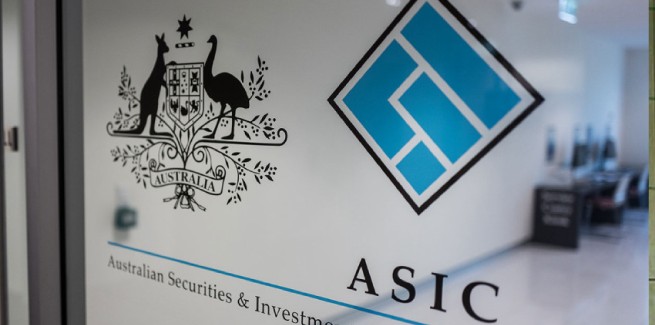ASIC has published its annual report for the 2020-21 financial year, reflecting on its internal leadership and organisational shake-up, as well as its work policing the financial services sector.
The period had started midway 2020, close to the time the regulator had reshuffled its regulatory priorities to focus on the impacts of the pandemic.
During FY21, the corporate cop noted it built up its enforcement capability, ramping up new criminal litigation by 28 per cent year-on-year.
ASIC had completed 29 criminal litigations compared to 35 in the year before, however it had launched 53 new actions, a step up from FY20’s 41.
In terms of outcomes, 29 people had been convicted with criminal charges, largely consistent with the previous year’s total of 30. Ten received custodial sentences in FY21, while 19 had received non-custodial sentences or fines.
However, the total dollar value of criminal fines was a fraction of the previous year’s total, coming in at $151,100 compared to FY20’s $731,650.
Meanwhile, 83 new civil litigations had commenced during FY21, 66 per cent more than ASIC had launched the year before.
The regulator completed 46 civil lawsuits during the year (compared to 37 the year before), covering issues such as unlicensed consumer leasing, fees-for-no-service breaches, overcharging interest, misleading and deceptive conduct, unconscionable conduct and failure to comply with the best interests of the duty.
Of the 46 cases, 93 per cent had been successful.
The total dollar value of civil penalties came to $189.4 million, a total more than seven times the value of FY20’s cumulative fines of $24.9 million.
The report has been released after ASIC indicated it would form a new unit to focus on cutting regulatory costs for businesses in its 2021-25 corporate plan, by changing how the regulator administers the law.
The government welcomed the mandate to cut down on red tape, as ASIC also decided to lower financial adviser levies, resulting in a $46 million discount for the sector.
However, as outlined by ASIC chair Joe Longo in the FY21 annual report, the regulator will use its “full enforcement toolkit as appropriate”.
“Criminal charges, civil cases, enforceable undertakings, product interventions, financial penalties, bannings and licence conditions – they are all on the table and will be used to achieve what’s right,” Mr Longo wrote.
“We will hold individuals and corporations to account and will act quickly and decisively to disrupt, deter and punish misconduct.”
Mr Longo took over as chair from 1 June, following the exits of predecessor James Shipton and deputy Daniel Crennan, after they were caught up in an expenses scandal.
In other enforcement activity, ASIC banned, removed or restricted 49 people or companies from providing financial services and 46 from providing credit service in FY21.
It also took corrective actions where credit licensees, super trustees or responsible entities made misleading statements to consumers or investors, resulting in 59 instances of promotional material being withdrawn or amended.
During the year, ASIC had also finalised guidance on royal commission reforms, including design and distribution obligations (DDOs), breach reporting obligations and the deferred sales model for add-on insurance, which have come into effect recently.
The mortgage broker best interests duty also came into force from the beginning of the 2021 calendar year.
Mr Longo reported that the regulator will work to support the economy as it recovers from the COVID-19 pandemic.
“ASIC remains fully committed to working with its regulated population and fellow regulators to support the Australian economy and protect vulnerable consumers,” Mr Longo said.
[Related: ACCC bangs the drum for merger regime overhaul]
 ;
;
